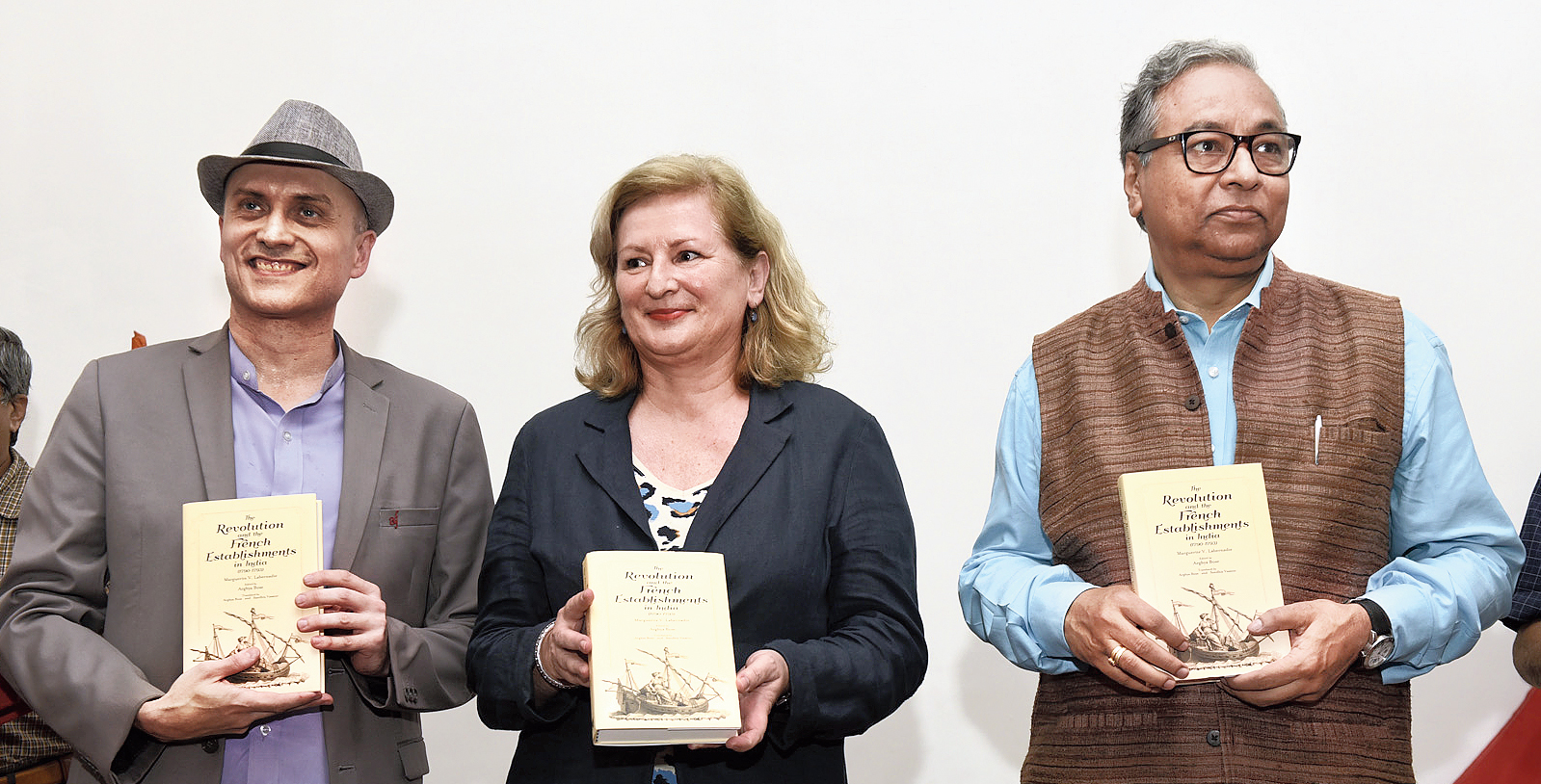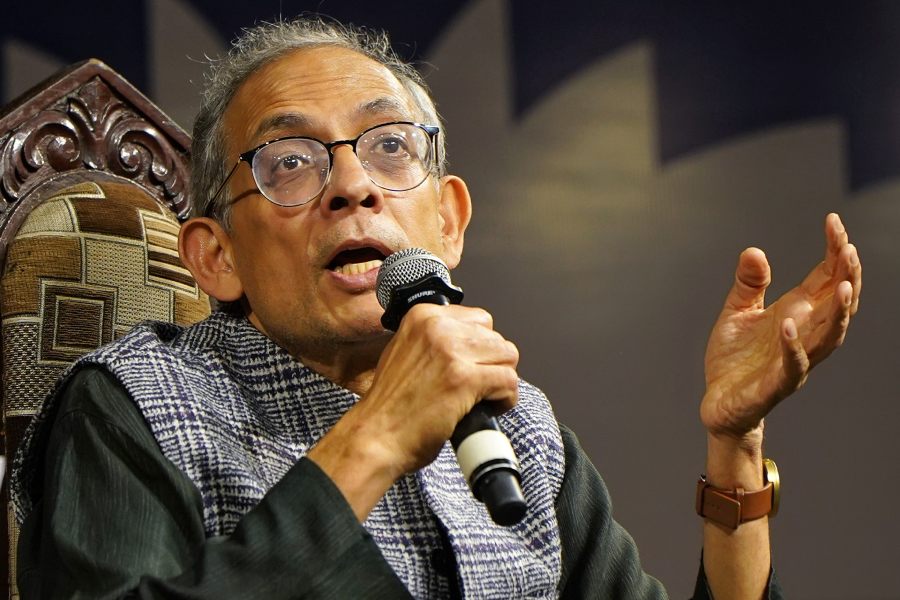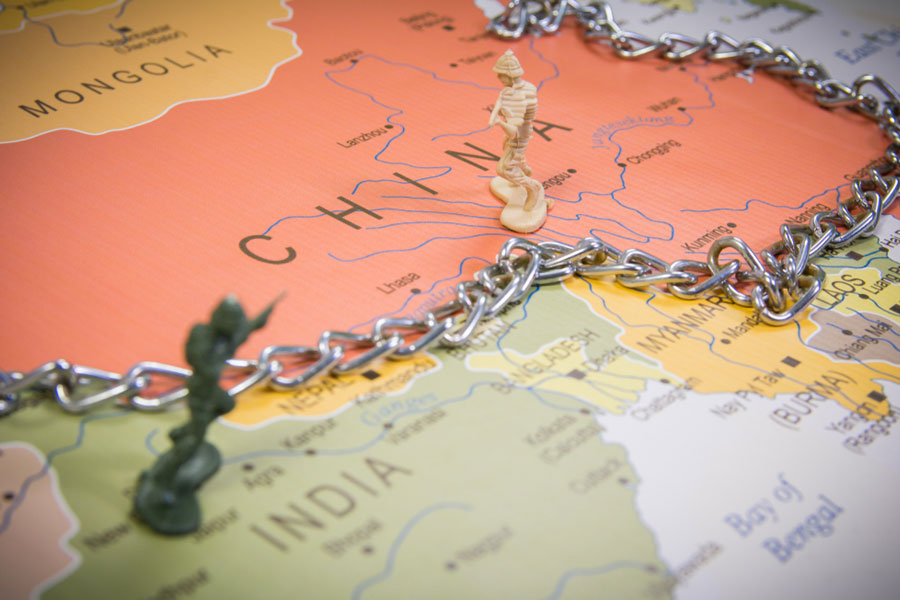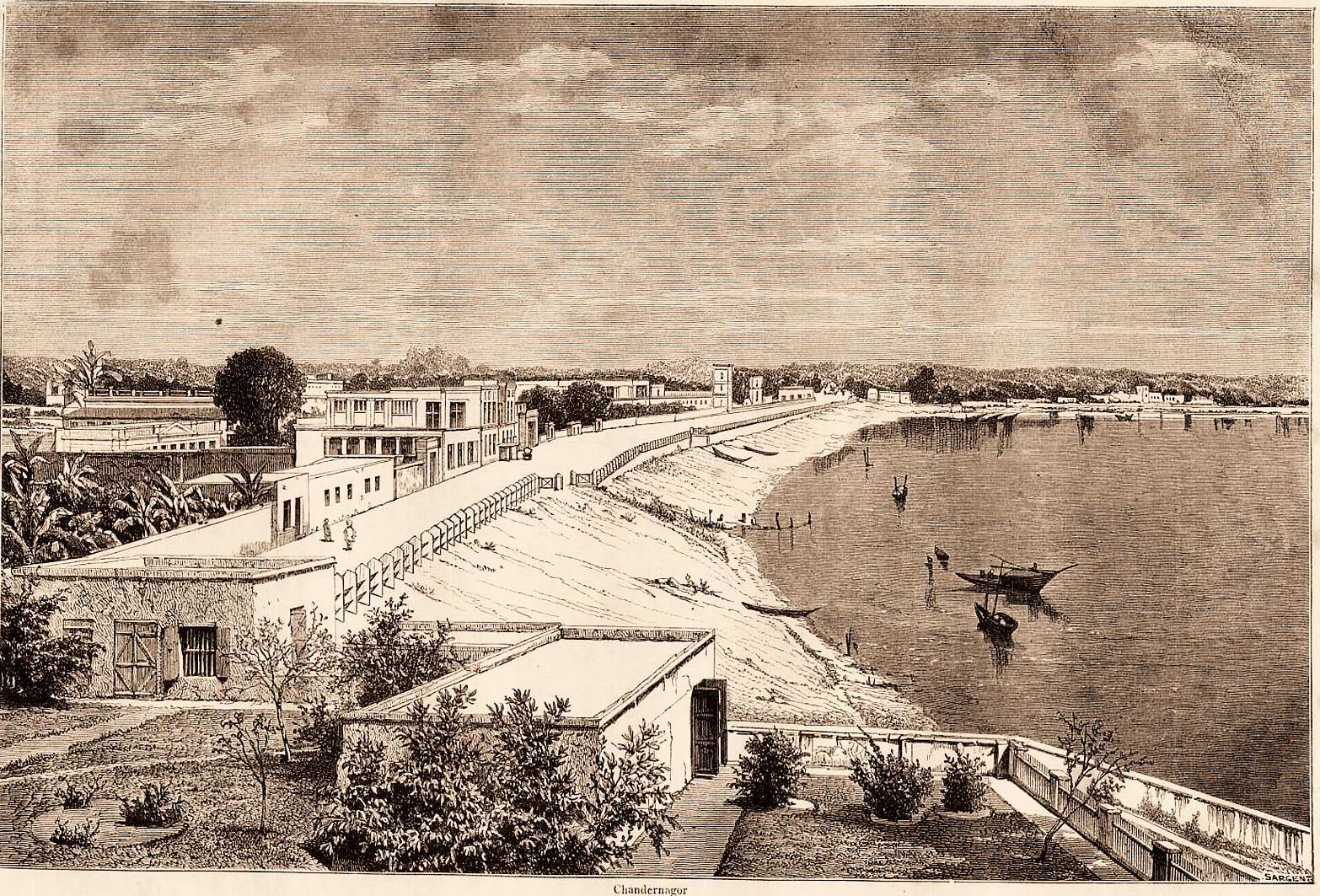
Chandernagore in Wood Engraving by Brickers & Sons, London (1878). The Telegraph picture
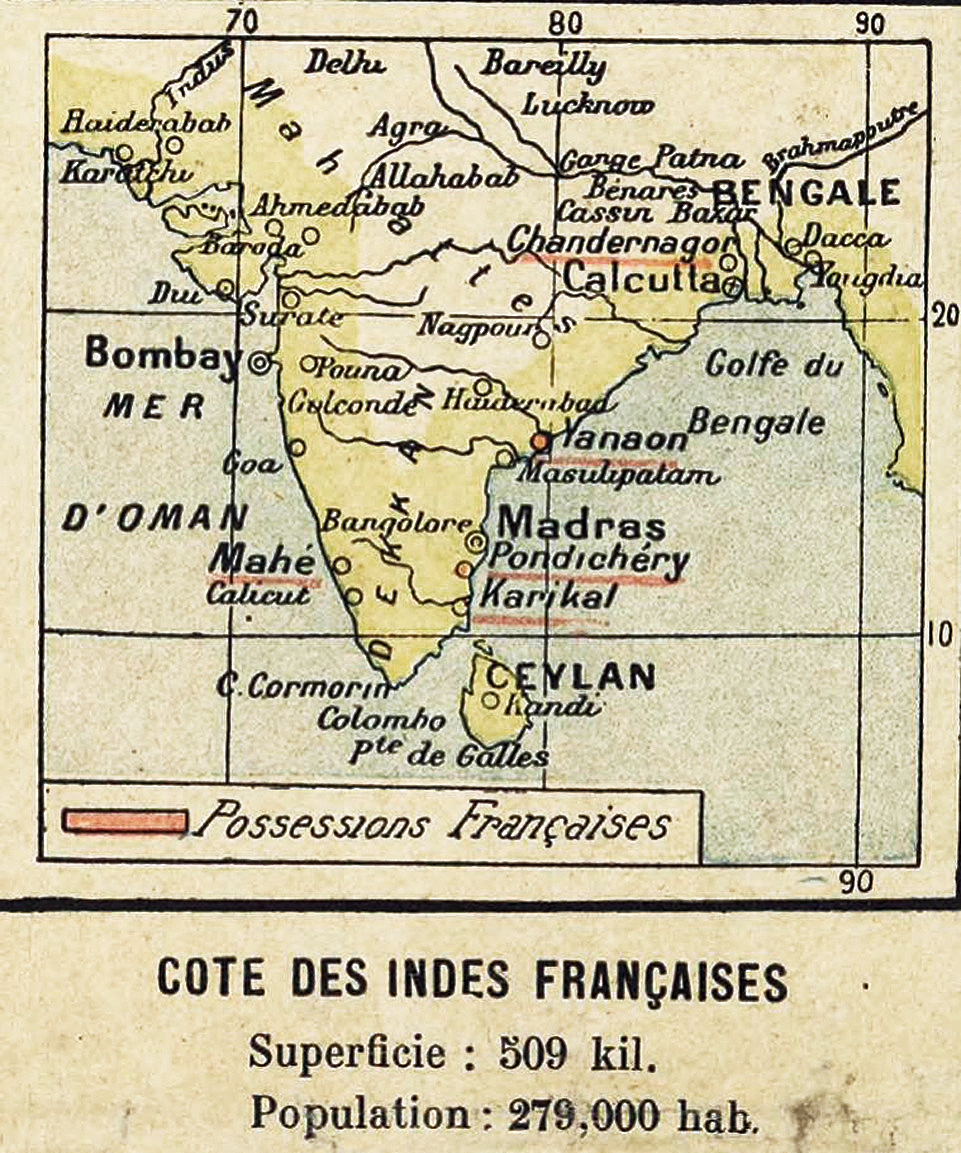
The French Establishments in India, extract from a 1910 map at Bibliothèque Nationale de France. The Telegraph picture
The fort of Bastille may have fallen in July 1789 but it was not until the British frigate La Vestale docked at Pondicherry in January 1790 that news of “the Paris Revolution” reached India.
The report was confirmed by the French barge Bienvenue which arrived soon after on February 22 from Port Louis, the capital of the Isle de France (now Mauritius).
A translation of a book, The Revolution and the French Establishments in India 1790 -1793, that sheds light on the happenings in the French colonies in the post-Revolution phase was launched on Thursday.
“The book in French published in 1930 was written by Marguerite V. Labernadie, a doctoral student who discovered the administrative archives of the French colonies in India lying almost in ruins in Pondicherry. The book offers fascinating insights into the relation between French colonial establishments in India and the effect of the French Revolution on them,” said Arghya Bose, the editor of the book.
Bose, a Chandernagore boy, chanced upon a dusty copy of the book at Bibliotheque Nationale de France (BNF) when he was a student at Sciences Po in 2015.
On his return, he joined the Alliance Francaise du Bengale and met Sandhia Vasseur who had just joined as the librarian. “My grandparents on my mother’s side were French citizens of Indian lineage from Pondicherry. In 1947, when they were offered Indian citizenship, they refused and left for Cambodia, which was still a French colony. A war there in 1964 made them shift to France. I was interested in the Franco-Indian encounter as I have seen in my own family how important the French identity can be to people born in India. So when Arghya came up with the idea of translating the book I readily agreed. It was on Gallica, the BNF’s digital portal.”
The news of the revolution triggered political unrest against the French East India Company. “France was not sending money or armaments. The Bienvenue had embarkment orders for the paltry European artillery and troops, leaving Pondicherry defenceless. Chandernagore too faced frequent sieges and humiliation by the British. So people met Chevalier de Fresne, the governor general of Mauritius and Pondicherry, with a host of demands. Constituent assemblies were formed and decrees passed as they tried to replicate what they heard had happened in Paris. Such was the eagerness to conform to the changing political structure in France that they sent expensive gifts to relatives back home, seeking volumes of the minutes of the National Assembly,” said Bose.
Another interesting aspect is the tussle between Chandernagore and Pondicherry. “While Pondicherry claimed administrative supremacy, Chandernagore, dealing especially in salt and salt petre, was the centre of trade. It paid enough revenue to the French government to offset deficits from the other Indian colonies Mahe, Karikal and Yanaon. They demanded control over the use of their revenue which Pondicherry refused.” The book ends with the British invasion and capture of the French colonies in India in 1793 as a fall-out of France going to war against England.
“The French colonies are not studied at length. Material available to Indian researchers on this subject is scarce. The book is a valuable addition to French colonial history in India,” said Jawhar Sircar, who was present at the launch.

